US Senate candidate Mark Mowry candidate skips the disclaimer required by law on his materials. That could be a problem for him.
I have a few campaign items that came home from the State Fair.
Unfortunately, for US Senate Candidate Mark Mowry, it looks like it could be an expensive state fair for him (and his hat.)
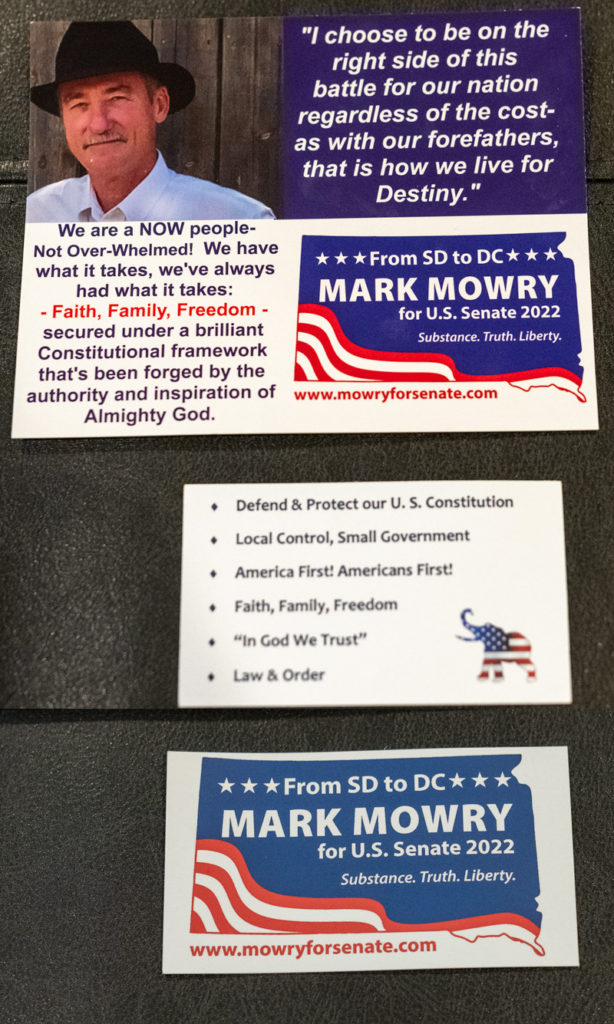
While his campaign card does picture Mowry in his ubiquitous black hat that seems to go everywhere with him, it what his campaign material lacks that’s going to get him in trouble. And besides the fact that it’s just a god-awful pile of gobbledygook, the problem is that it completely lacks the disclaimer required by Federal Election Law:
Any public communication made by a political committee—including communications that do not expressly advocate the election or defeat of a clearly identified federal candidate or solicit a contribution—must display a disclaimer. Furthermore, disclaimers must also appear on political committees’ internet websites that are available to the general public, and in certain email communications. Political committees must also include additional information on their solicitations.
As explained on this page, in addition to the requirements for public communications, printed communications, radio and television communications (or any broadcast, cable or satellite transmission) may have additional requirements.
Disclaimers must be “clear and conspicuous” regardless of the medium in which the communication is transmitted. A disclaimer is not clear and conspicuous if it is difficult to read or hear, or if its placement is easily overlooked.
The problem is that literally none of his communications have the required disclaimer in the manner prescribed by the federal government. Not the materials he hands out, nor his website, which has a disclaimer, but not as required.
How expensive is the price of poker in that situation? Well, it’s not good:
On February 27, the FEC announced that former Congressman Martin Frost’s campaign committee would pay a $6,000 civil penalty for failing to include the proper disclaimers on printed communications.
The FEC began its analysis of the campaign literature by noting that each mailing contained a disclaimer, “Paid for by the Martin Frost Campaign Committee,” that properly identified the sponsor.
and..
Finally, the Commission’s regulations provide that disclaimers on printed, public communications must be contained in “a printed box set apart from the other contents of the communication.” Because the disclaimer in the Frost committee’s mailings was not set apart in such a box, the FEC found that the committee had violated the law.
So in this case, they HAD the disclaimer, but it cost them a staggering $6000 because THEY FORGOT THE BOX around the disclaimer. (That’s an expensive darn box!)
But in Mowry’s case, he’s omitted the disclaimer in its entirety.
For starters, he might end up having to pitch everything he’s printed to date. The other part might be if someone tattles on him to the Federal Elections Commission.
Either way, it could be interesting. And maybe a less than successful State Fair for Mowry (and his hat.)

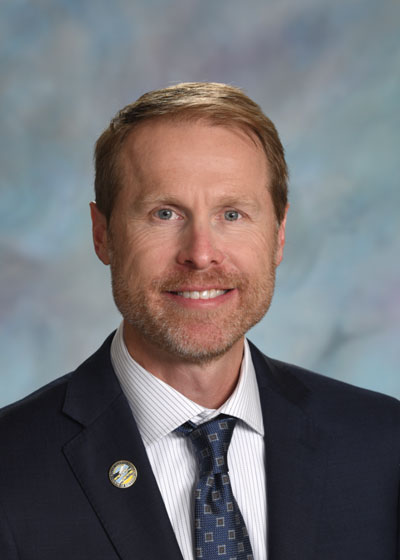
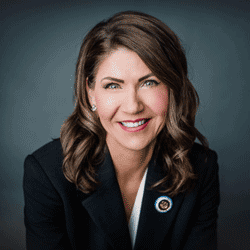
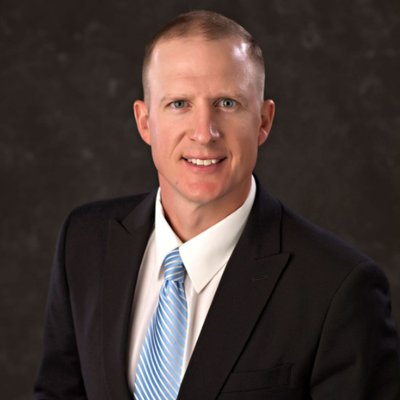





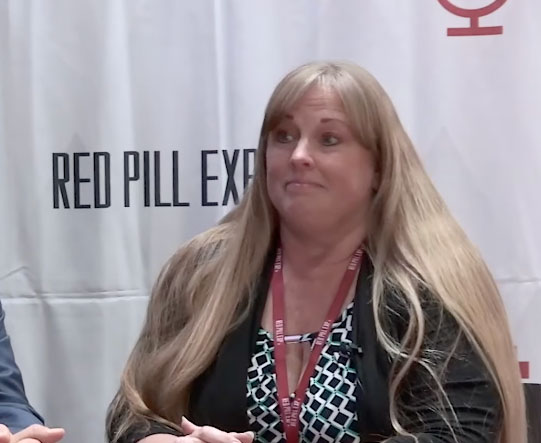 August was extremely busy as well. Sidney Powell came August 5 to speak at a SD Citizens For Liberty meeting on the Arizona voter fraud. She did an excellent job and discussed what her team was dealing with regarding the process they were going through. The courts have refused to hear the evidence, so reports of no election fraud are not factual. I was blessed to be able to spend four days on and off with her and her team. We have stayed in communication with each other and I feel fortunate for that connection.
August was extremely busy as well. Sidney Powell came August 5 to speak at a SD Citizens For Liberty meeting on the Arizona voter fraud. She did an excellent job and discussed what her team was dealing with regarding the process they were going through. The courts have refused to hear the evidence, so reports of no election fraud are not factual. I was blessed to be able to spend four days on and off with her and her team. We have stayed in communication with each other and I feel fortunate for that connection.